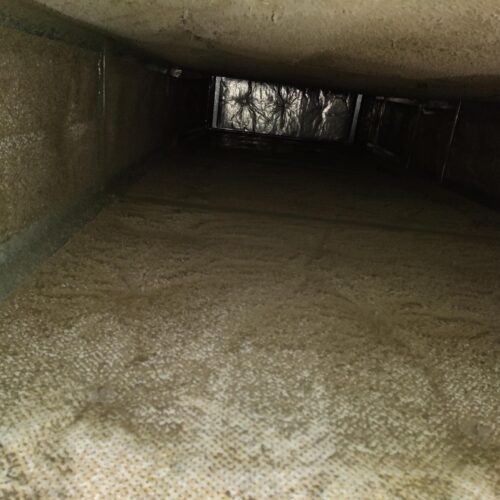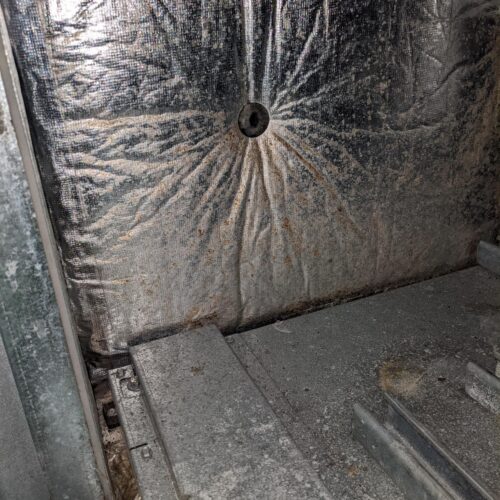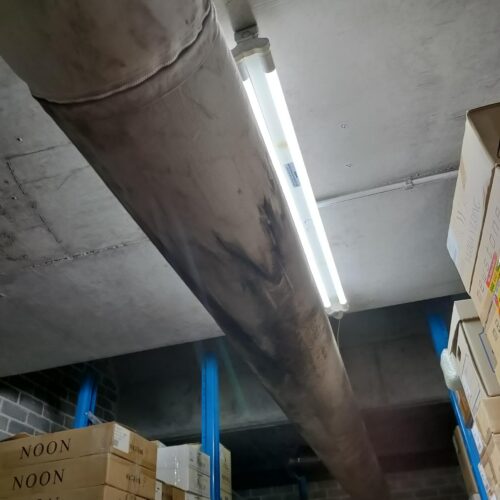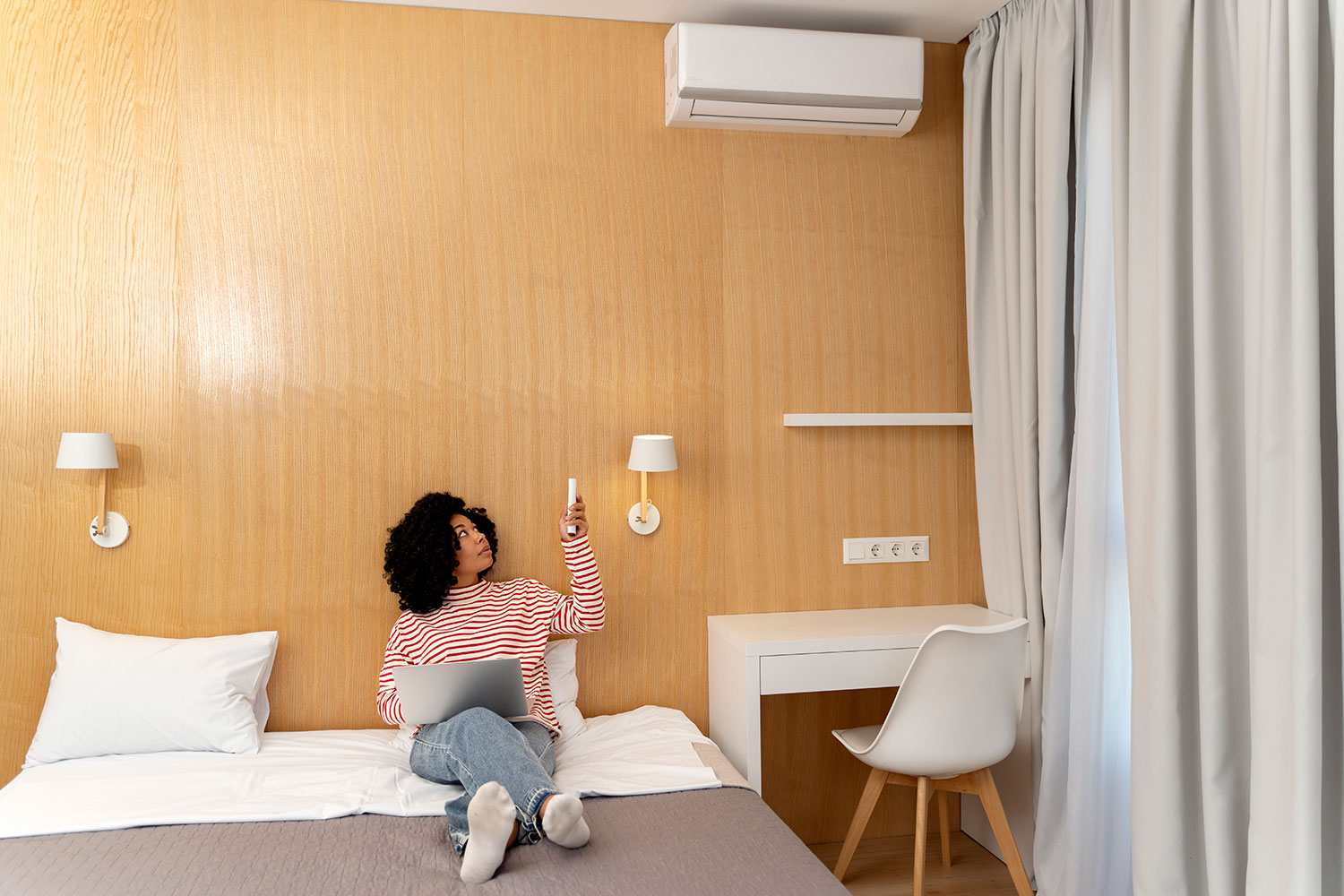Asset Managers and Hotel Managers alike, are constantly strategising to increase occupancy rates in their hotels.
It is also often cited that acquiring new customers can be 5 to 7 times more expensive than retaining existing customers, so customer loyalty is key.
Illness, discomfort, or irritation of a hotel guest during their stay is likely to tarnish the satisfaction, enjoyment or emotion linked to any given hotel stay, and that individual’s emotional bond to a given hotel.
Yet, few initiatives consider the fact that indoor Air Quality Monitoring is essential if the indoor air quality of the hotel environment is to enhance a guest’s time in house. Indoor Air quality is an essential ingredient to maintaining customer and staff health, their retention and optimal occupancy rates.
Every day, hotel guests, staff, asset managers and hotel managers, take for granted the quality of air that they breathe from heating, ventilation air conditioning (“HVAC”).
“A 2019 study published in the Indoor Air journal found that over 60% of hotel rooms globally experienced poor air quality due to inadequate HVAC maintenance, resulting in elevated levels of pollutants such as particulate matter (PM2.5) and volatile organic compounds (VOCs).” – Indoor Air Journal
“A global survey of 500 hotels revealed that 40% of properties had HVAC systems that failed to meet air quality standards, resulting in an 18% increase in guest health complaints related to poor indoor air conditions.” – Hospitality Management Research Institute
“Our findings highlight that malfunctioning HVAC systems in public buildings often result in higher concentrations of indoor pollutants such as VOCs and PM2.5. This has been associated with increased absenteeism and reported health issues among occupants, with up to 18% of individuals experiencing noticeable symptoms”
Assessment of Indoor Air Quality in Australian Public Buildings. Source: Australian Environmental Protection Agency (2015)
In fact, anecdotally, at LRM Global, we find that many organisations misguidedly assume that regular mechanical servicing of the HVAC systems does include treatment and rectification of any contamination build up inside their HVAC systems.
Ongoing indoor Air Quality Monitoring allows the early detection of any contamination issues, from mould, other pollutants or particulate matter. This early detection then allows LRM Global to investigate cause and rectification strategies.
Clearly indoor Air Quality Monitoring is the risk mitigation fundamental to guest experience and retention. Notably it also fundamental to staff health, welfare, and productivity.
Contact LRM Global, the specialists in Environmental and Hygiene Management, to guide your indoor Air Quality Monitoring initiatives or to assist you to optimise, design or implement your customer and staff health risk management strategies.




